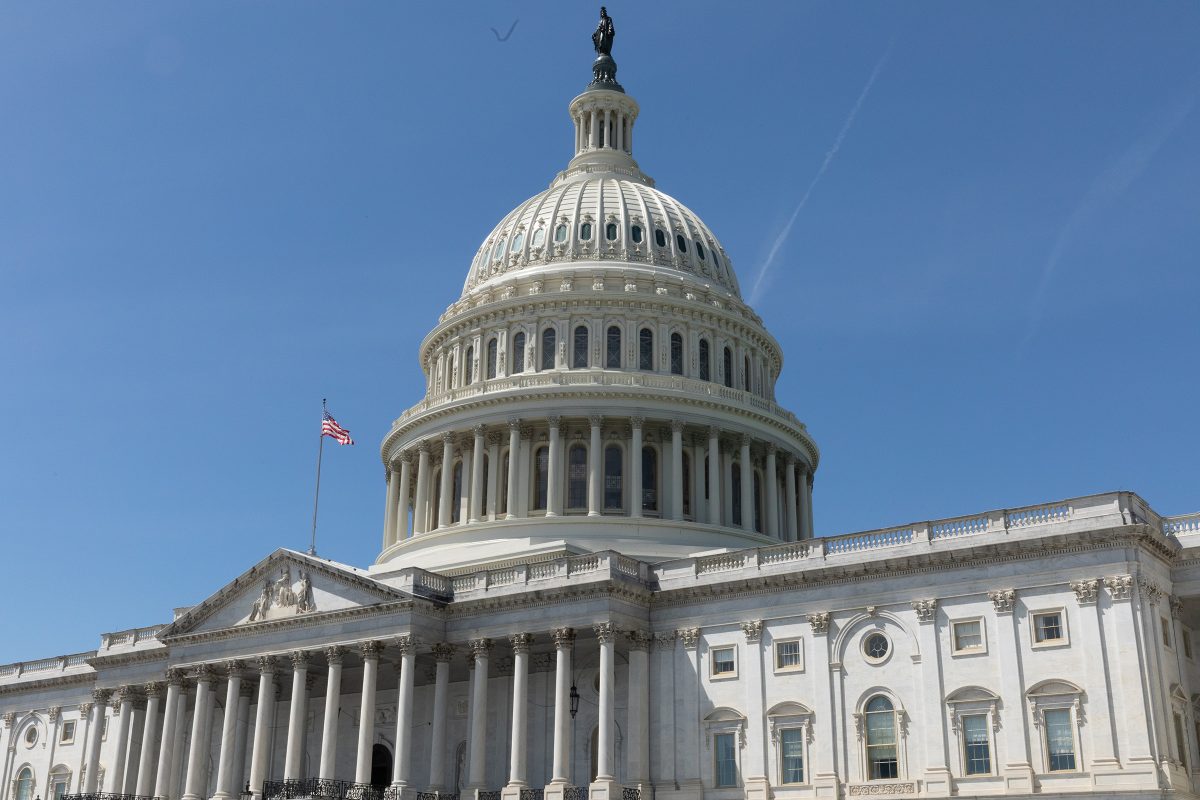Crypto-Backed Candidates Secure Major Wins in U.S. Senate Races
07.11.2024 17:30 2 min. read Alexander Zdravkov
In the latest U.S. elections, several crypto-backed political action committees (PACs) focused on congressional races rather than backing presidential candidates.
Despite this, some new faces entering Washington in January owe their success to crypto industry support.
Jim Justice, the newly elected senator from West Virginia, secured about 68% of the vote, with the crypto PAC Defend American Jobs investing over $3 million to back him. Justice has expressed his support for a balanced crypto market structure that fosters innovation while safeguarding investors.
In Texas, Julie Johnson triumphed over Republican Darrell Day for the state’s 32nd House district, with Protect Progress contributing nearly $1 million to her campaign. Johnson has voiced her commitment to creating clear regulations to help the crypto industry thrive for the benefit of Americans.
Republican Bernie Moreno’s narrow victory over Senator Sherrod Brown in Ohio also marked a crypto-friendly win, with Defend American Jobs backing Moreno with more than $34 million. Moreno’s stance on crypto contrasts sharply with Brown’s, who has been critical of certain crypto regulations.
Democrat Adam Schiff, set to move from the House to the Senate, also received significant crypto backing, with Fairshake PAC spending over $10 million in his primary race. Schiff holds an A rating from Stand With Crypto and has backed the Financial Innovation and Technology for the 21st Century Act, although he, like Brown, did not support overturning the SEC’s SAB 121 accounting rule.
Meanwhile, John Curtis will be vacating his House seat for a Senate position after defeating Caroline Gleich. Curtis’s crypto alignment is evident through his co-sponsorship of bills such as the FIT21 and the Anti-CBDC Surveillance Act. Defend American Jobs PAC contributed $1.9 million to his campaign.
-
1
Federal Reserve Chair Jerome Powell Reportedly Weighing Resignation
12.07.2025 21:00 2 min. read -
2
Vitalik Buterin Warns Digital ID Projects Could End Pseudonymity
29.06.2025 9:00 2 min. read -
3
Donald Trump Signs “One Big Beautiful Bill”: How It Can Reshape the Crypto Market
05.07.2025 9:56 2 min. read -
4
Toncoin Launches UAE Golden Visa Program Through $100,000 Staking Offer
06.07.2025 12:04 2 min. read -
5
What’s Driving July’s Crypto Conversations, According to Santiment
05.07.2025 22:00 2 min. read
Stablecoins Now Used in Credit Cards, Putting Bank Deposits at Risk
Stablecoins are no longer just a crypto-native tool—they’re reshaping financial access, payments, and even central banking dynamics.
BitGo Files Confidentially for IPO With SEC
BitGo Holdings, Inc. has taken a key step toward becoming a publicly traded company by confidentially submitting a draft registration statement on Form S-1 to the U.S. Securities and Exchange Commission (SEC).
Crypto Greed Index Stays Elevated for 9 Days — What it Signals Next?
The crypto market continues to flash bullish signals, with the CMC Fear & Greed Index holding at 67 despite a minor pullback from yesterday.
U.S. Public Pension Giant Boosts Palantir and Strategy Holdings in Q2
According to a report by Barron’s, the Ohio Public Employees Retirement System (OPERS) made notable adjustments to its portfolio in Q2 2025, significantly increasing exposure to Palantir and Strategy while cutting back on Lyft.
-
1
Federal Reserve Chair Jerome Powell Reportedly Weighing Resignation
12.07.2025 21:00 2 min. read -
2
Vitalik Buterin Warns Digital ID Projects Could End Pseudonymity
29.06.2025 9:00 2 min. read -
3
Donald Trump Signs “One Big Beautiful Bill”: How It Can Reshape the Crypto Market
05.07.2025 9:56 2 min. read -
4
Toncoin Launches UAE Golden Visa Program Through $100,000 Staking Offer
06.07.2025 12:04 2 min. read -
5
What’s Driving July’s Crypto Conversations, According to Santiment
05.07.2025 22:00 2 min. read


